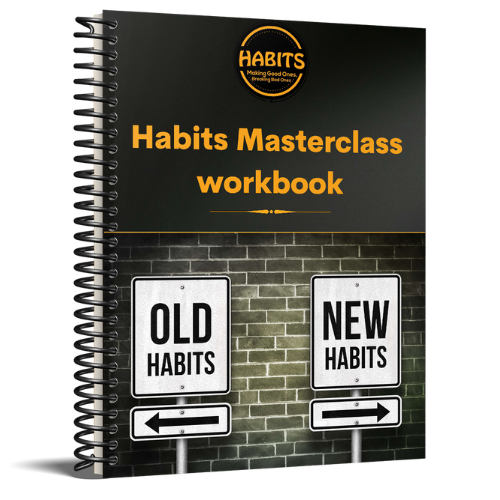Types of Procrastination & How to Beat Them
We’ve been talking about how to beat procrastination. Today, we’re going a little different direction by talking about “wisdom procrastination.” Wisdom procrastination is when you have a deep-seated resistance to doing a thing because it isn’t compatible with your passion & skills. Yes, this is different than just laziness. (We’ll talk about actual laziness later.) […]




